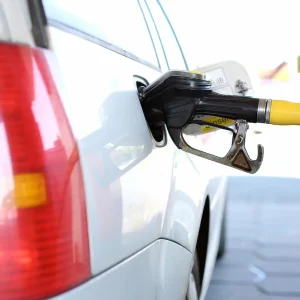Fleets have come down in favour of greater regulation in the case of access to vehicle and driver data in connected cars.
According to the latest BVRLA Fleet Technology Survey, nearly two-thirds (63%) of respondents strongly agree that more standards and regulation are required to control access and the use of vehicle and driver data.
This year’s survey of fleet managers, rental operators and leasing companies also reported a quarter of participants citing data concerns as the biggest threat to the take-up of new fleet technology.
Responses to this year’s survey suggest that there has been no significant growth in the uptake of telematics, with around two-thirds saying that less than a quarter of their fleets were fitted with the technology. Cost is becoming less of a factor, however, with just 20% of people saying that it was a barrier to uptake, compared with 34% in 2015.
This may be due to the fact that fleet technology budgets are increasing. Some 54% of respondents said that their budget would rise this year, with just 1% expecting a decrease.
Speaking at the technology congress, BVRLA chief executive Gerry Keaney (pictured) said that while tech adoption levels remained broadly similar to the 2015 survey, advanced driver assistance systems were significantly more likely to be taken on by fleets. These systems include clever cruise control, blind spot mitigation, lane departure warning and collision warning.
The survey also looked at vehicle choice and expected choice factors for 2021. Respondents reported that they expected a leap in the importance of infotainment systems, with this moving from the seventh most important factor to third.
Finally, Keaney reported that 54% of fleets expect telematics systems to be built into vehicles by car manufacturers in the future. However, as other speakers at the conference suggested, manufacturers are currently unwilling to share any connected car or telematics information with fleets or leasing firms.





